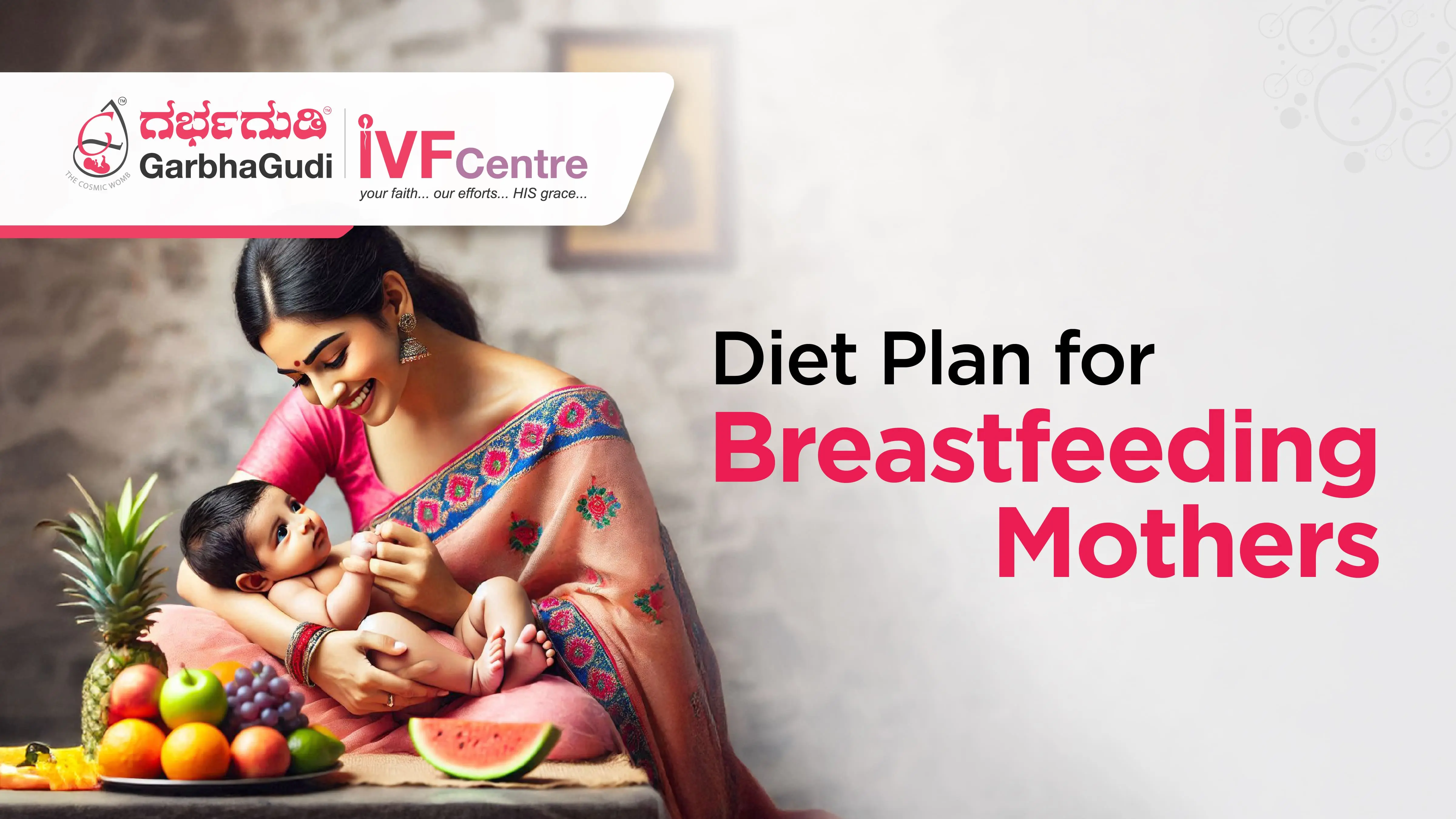Diet Plan for Lactating Mothers: What to Eat While Breastfeeding

Breastfeeding is an incredible journey for both mother and child, and one of the most important aspects of this period is maintaining proper nutrition. What a lactating mother eats can impact not only her health but also the quality of her breast milk. A well-balanced diet is essential to ensure that both mother and baby thrive. This guide offers practical dietary tips for lactating mothers, helping you make informed choices while supporting your breastfeeding journey.
1. Importance of Nutrition While Breastfeeding
Breastfeeding requires additional calories, as your body is producing milk for your baby. On average, lactating mothers need around 300-500 extra calories a day, depending on their activity level and whether they are exclusively breastfeeding. However, it’s not just about increasing calories—it’s also about consuming the right nutrients to support both you and your baby.
2. Key Nutrients for Lactating Mothers
Protein
Protein is vital for both maternal health and the development of the baby. It helps in the production of breast milk and supports tissue repair. Include lean proteins such as chicken, fish, eggs, beans, lentils, and dairy products in your diet.
Calcium
Calcium supports bone health and is crucial for your baby’s bone and teeth development. Dairy products like milk, yogurt, and cheese are excellent sources of calcium. If you're lactose intolerant, consider fortified plant-based milk (such as almond or soy milk) or leafy greens like kale and spinach.
Iron
Iron is needed to prevent anemia and boost energy levels. Include iron-rich foods like spinach, lentils, beans, quinoa, and lean meats. Pair iron-rich foods with vitamin C-rich fruits (like oranges or strawberries) to enhance iron absorption.
Healthy Fats
Healthy fats are essential for brain development, particularly in your baby’s early months. Incorporate sources of omega-3 fatty acids, such as fatty fish (salmon, sardines), flaxseeds, chia seeds, walnuts, and olive oil.
Vitamin D
Vitamin D is necessary for bone health and immune function. Sun exposure is the best way to get vitamin D, but you can also consume fortified foods like milk, cereals, or egg yolks. Discuss supplementation with your doctor if needed.
3. Hydration is Key
Breastfeeding can make you feel thirstier than usual, and staying hydrated is crucial to ensure you have enough milk supply. Water, herbal teas, and soups are great options. Try to drink a glass of water every time you nurse to stay on track.
4. Foods to Include in Your Diet
Whole Grains
Whole grains such as brown rice, oats, whole wheat bread, and quinoa provide essential fiber and help you maintain energy levels. They also aid digestion and prevent constipation, which is a common issue post-delivery.
Fruits and Vegetables
Fresh fruits and vegetables are packed with vitamins, minerals, and fiber, which support both your health and milk production. Aim for a colorful variety, including leafy greens, berries, oranges, and carrots.
Nuts and Seeds
Nuts and seeds are rich in healthy fats, protein, and fiber. Almonds, walnuts, sunflower seeds, and chia seeds can be great snacks to keep you energized throughout the day.
5. Foods to Limit or Avoid
Caffeine
While moderate caffeine consumption is generally safe, excessive caffeine can affect your baby’s sleep patterns. Limit caffeine intake to no more than 300 mg per day, which is about one cup of coffee.
Alcohol
Alcohol can pass into breast milk and may affect your baby’s development and sleep patterns. If you choose to drink, do so in moderation and wait at least two hours before breastfeeding.
Spicy Foods
Some babies may be sensitive to spicy foods, which could cause fussiness or discomfort. If you notice this, try cutting back on spicy foods to see if it makes a difference.
Fish High in Mercury
Certain fish, like shark, swordfish, and king mackerel, contain high levels of mercury, which can be harmful to your baby’s developing nervous system. Opt for low-mercury options like salmon, trout, and sardines.
6. Meal Ideas for Lactating Mothers
Breakfast:
Oatmeal with chia seeds, almond butter, and fresh berries
Whole wheat toast with avocado, eggs, and a side of fruit
Lunch:
Grilled chicken salad with mixed greens, quinoa, nuts, and olive oil dressing
Lentil soup with whole grain crackers and a side of fresh vegetables
Dinner:
Baked salmon with roasted vegetables and brown rice
Stir-fried tofu with broccoli, bell peppers, and quinoa
Snacks:
A handful of mixed nuts and seeds
Greek yogurt with honey and fruit
Sliced veggies with hummus
7. Consult Your Doctor or Nutritionist
Every mother’s body is different, and nutritional needs may vary. Consult with your doctor or a registered dietitian if you have specific dietary concerns, especially if you have any food allergies, intolerances, or medical conditions.
8. Take Care of Your Emotional Health
While a healthy diet is crucial, don't forget to care for your emotional health as well. Breastfeeding can be a bonding experience, but it can also be overwhelming. Ensure you're getting enough rest, staying connected with loved ones, and practicing self-care to help maintain your overall well-being.
Final Thoughts
Maintaining a balanced diet while breastfeeding is essential for both mother and baby. By incorporating a variety of nutrient-dense foods, staying hydrated, and limiting certain foods, you’ll be able to nourish your body and support milk production. Focus on nourishing yourself so that you can provide the best possible nutrition for your baby.
For more tips and support on your breastfeeding journey, don’t hesitate to reach out to a healthcare provider who can guide you through your unique needs. Your health and well-being are important, and the right diet can play a big role in making this period as smooth as possible.